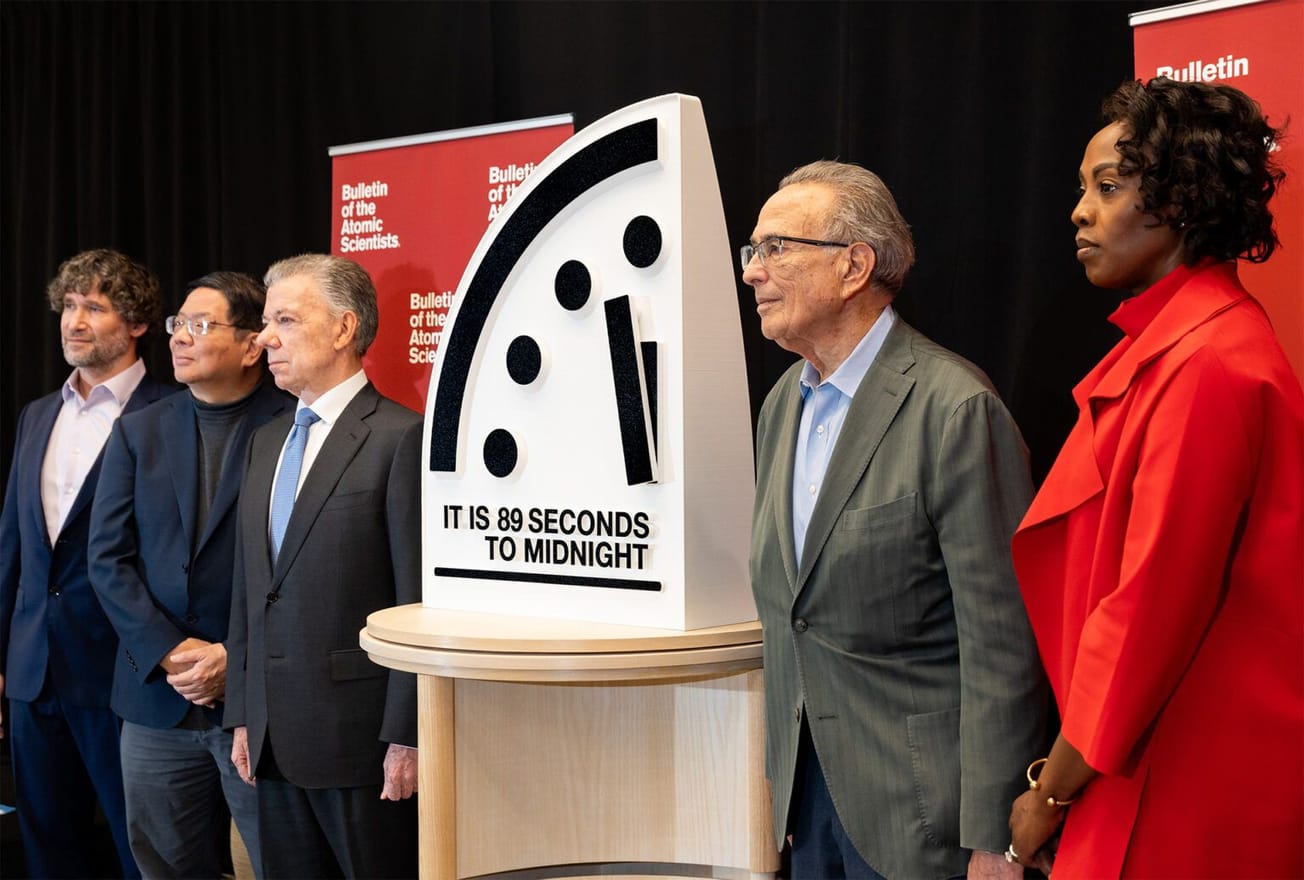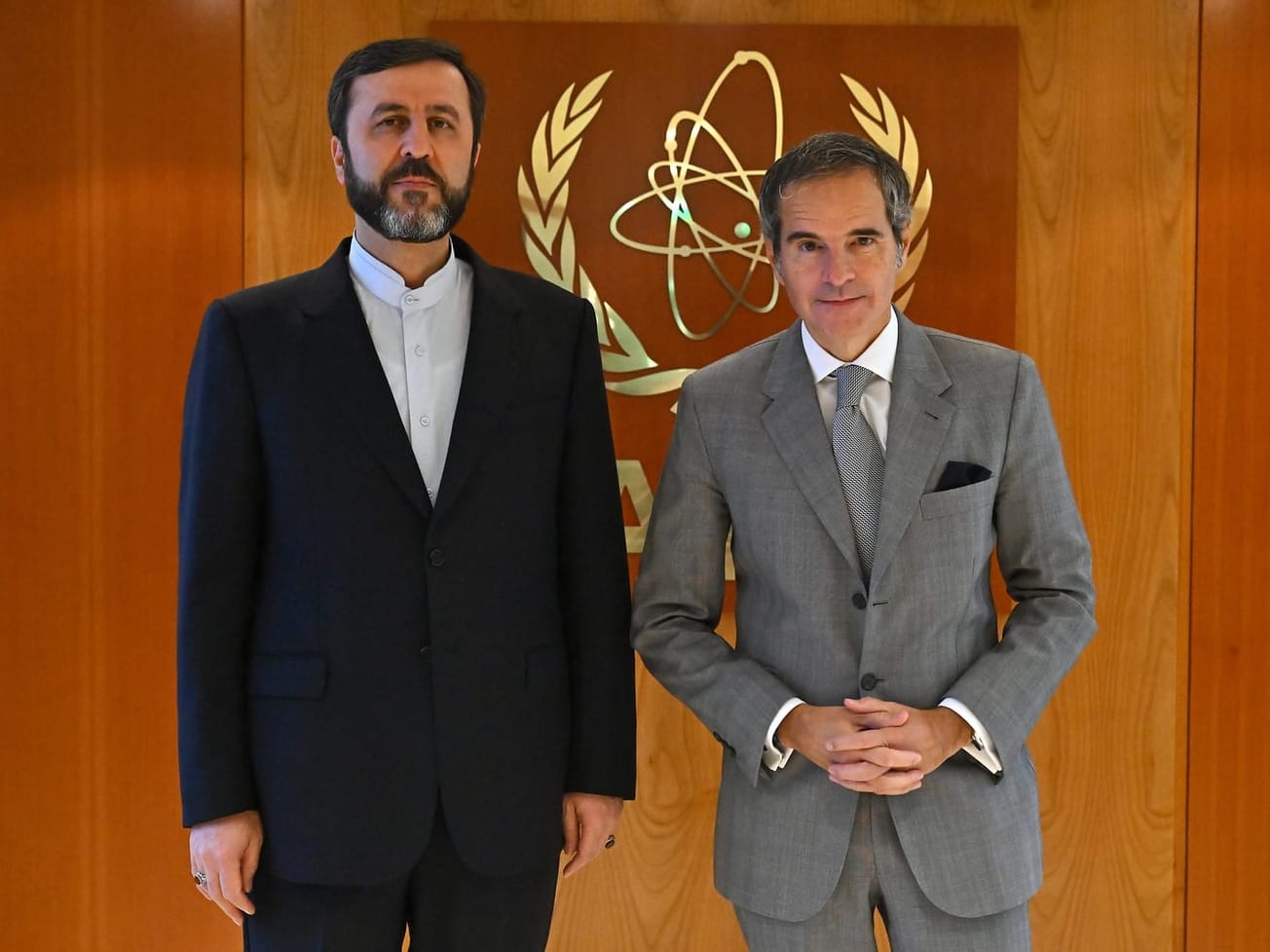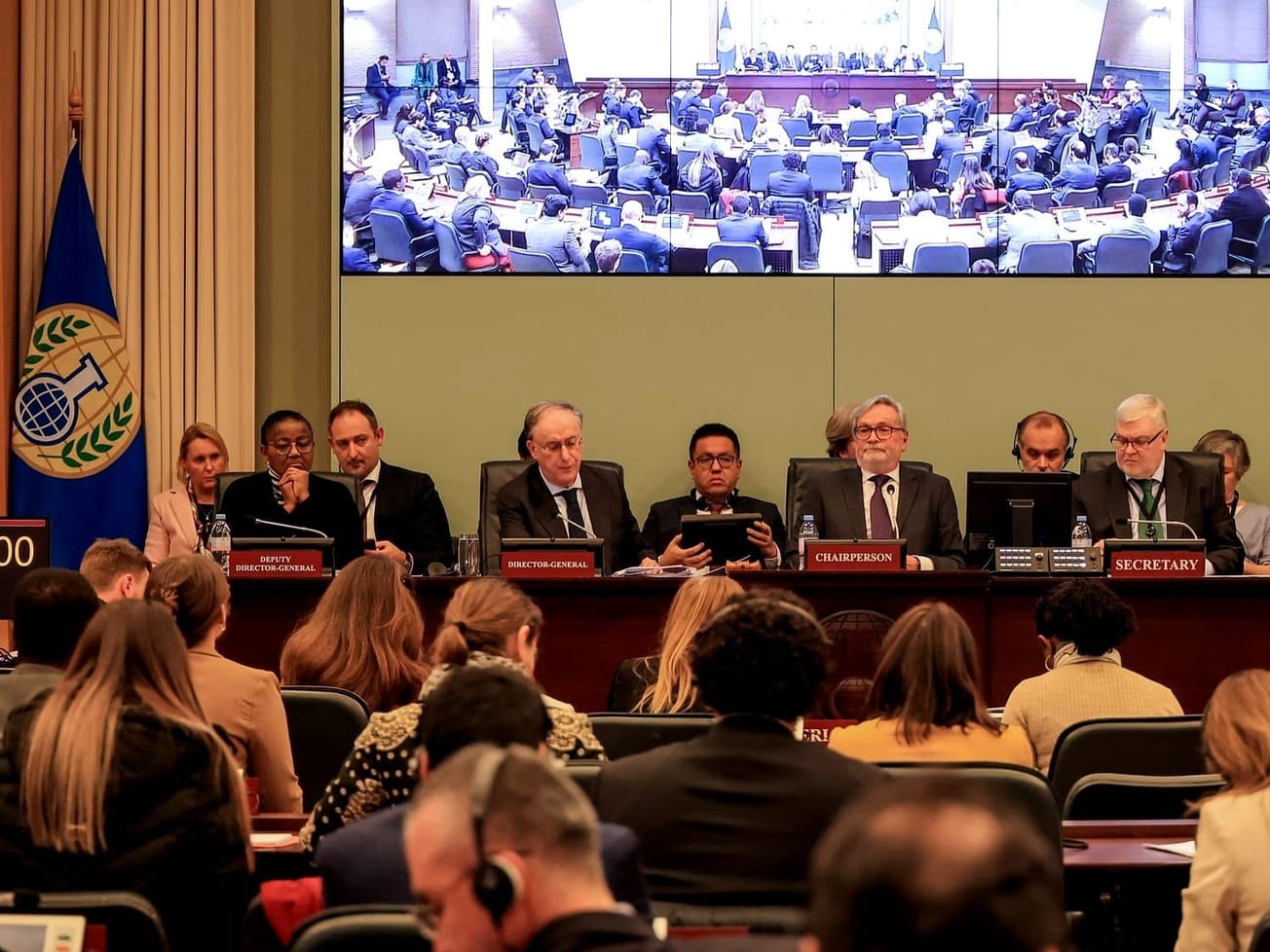A delegation from the Organization for the Prohibition of Chemical Weapons had a first meeting with Syria's new leaders to "reset" joint efforts.
OPCW Director-General Fernando Arias visited the Syrian capital Damascus on Saturday to meet with Syria’s interim President Ahmad al-Sharaa and caretaker Foreign Minister Asaad Hassan al-Shaibani.









